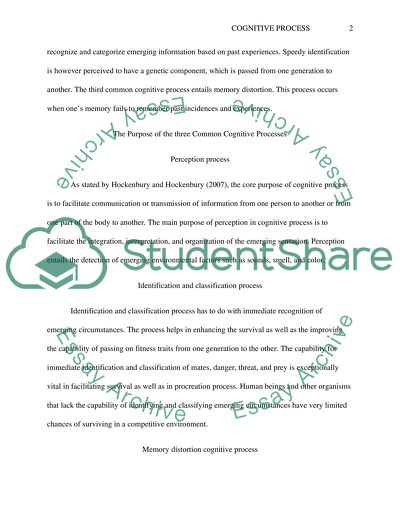Cite this document
(“Cognitive psychology. Cognitive Processes Research Paper”, n.d.)
Cognitive psychology. Cognitive Processes Research Paper. Retrieved from https://studentshare.org/psychology/1455953-cognitive-psychology-cognitive-processes
Cognitive psychology. Cognitive Processes Research Paper. Retrieved from https://studentshare.org/psychology/1455953-cognitive-psychology-cognitive-processes
(Cognitive Psychology. Cognitive Processes Research Paper)
Cognitive Psychology. Cognitive Processes Research Paper. https://studentshare.org/psychology/1455953-cognitive-psychology-cognitive-processes.
Cognitive Psychology. Cognitive Processes Research Paper. https://studentshare.org/psychology/1455953-cognitive-psychology-cognitive-processes.
“Cognitive Psychology. Cognitive Processes Research Paper”, n.d. https://studentshare.org/psychology/1455953-cognitive-psychology-cognitive-processes.


